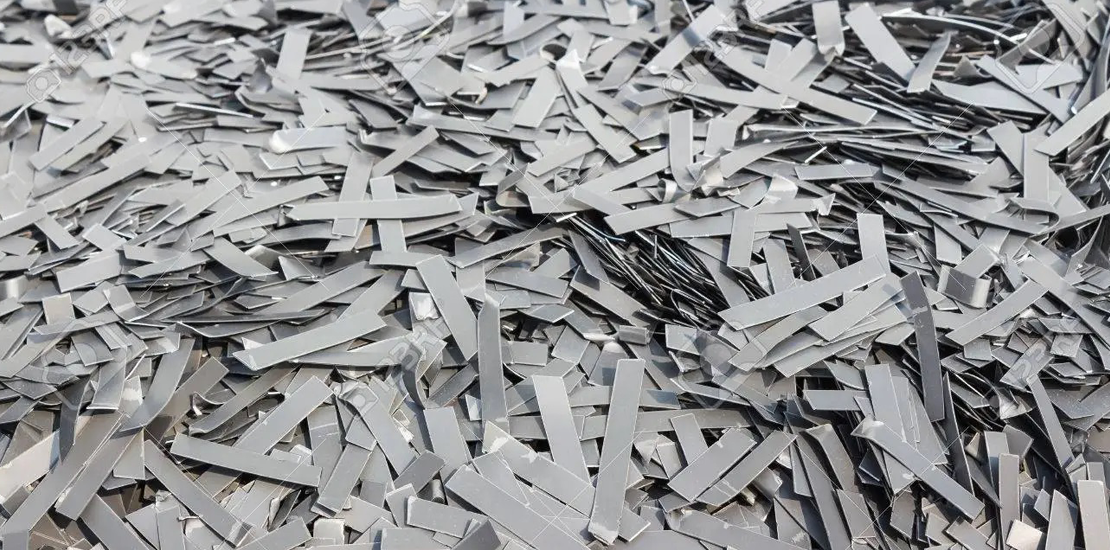
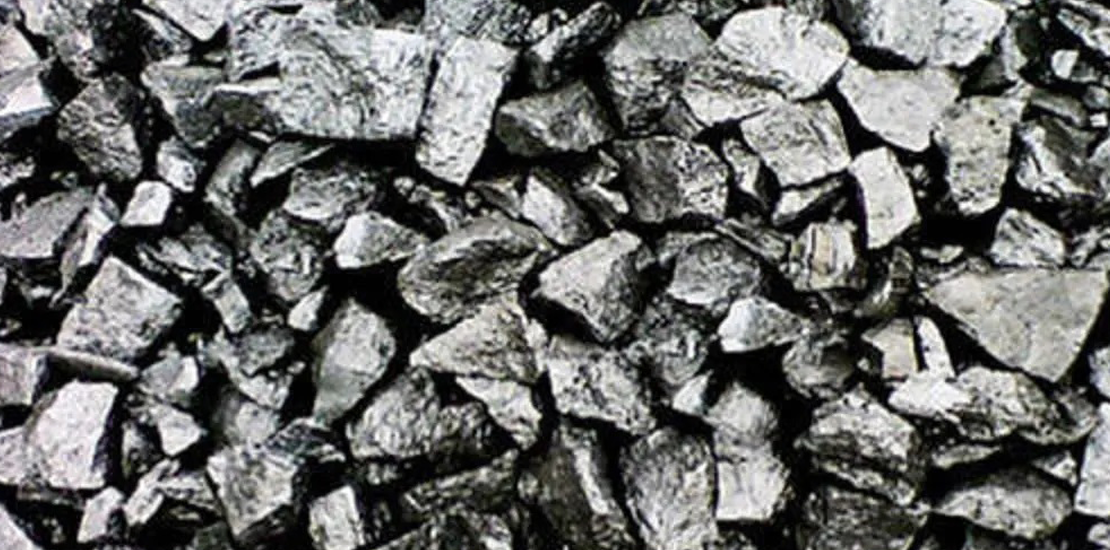
Types of Silicon Metal Scraps
- Metallurgical Grade Silicon
- Chemical Grade Silicon
- Ultra High Purity Silicon
- Solar Grade Silicon
- Electronic Grade Silicon
Silicon is the material most commonly used in the manufacturing of photovoltaic (PV) cells. In the current study, laboratory experiments of purification of solar cell silicon materials through filtration are carried out.
All such of manufacturing process We supplies a Silicon metal in various form and Selling(exporting) to China, Eastern Europe, Russia and India.
Description
Crystalline silicon is a lustrous, Black-greyish color, while the Amorphous form of silicon is a dark brown powder. Making up 25% of the earth’s crust, silicon metal is the second most abundant element, following oxygen. Silicon is not found freely in nature, but can form more compounds than any other element, except carbon. It is a most important to semi conducting elements. Silicon and its compounds have some of the most useful mechanical, thermal, optical, and electrical properties to mankind.
Shreeya International also cater to various Aluminium Alloy manufacturers for various grades of Silicon.
Do You Know ?
Silicon makes up 27.7% of the Earth’s crust by mass and is the second most abundant element (oxygen is the first). It does not occur uncombined in nature but occurs chiefly as the oxide (silica) and as silicates. The oxide includes sand, quartz, rock crystal, amethyst, agate, flint and opal.
Types of Silicon Metal Scraps
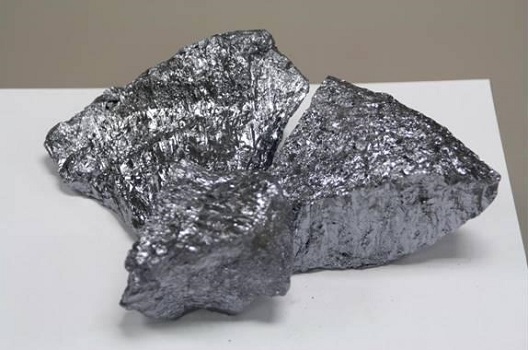
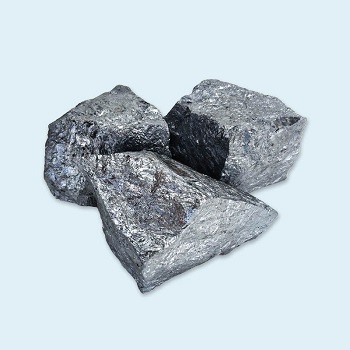
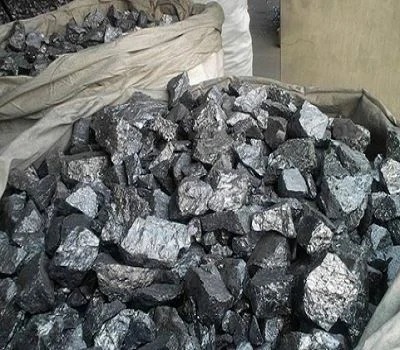
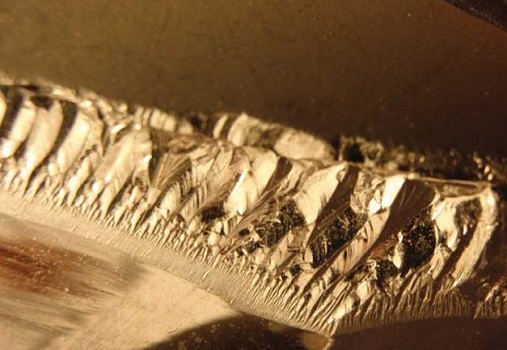
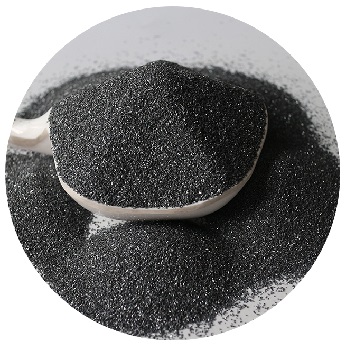
Types of Silicon Metal:
There are several types of silicon metal, including:
Metallurgical Grade Silicon: This is the most common type of silicon metal, with a purity level of around 98-99%. It is primarily used in the production of aluminum alloys and silicones.
Chemical Grade Silicon: This type of silicon metal has a purity level of around 99.999%, making it suitable for use in the semiconductor industry. It is also used in the production of solar cells.
Ultra High Purity Silicon: This type of silicon metal has a purity level of 99.9999% or higher, making it suitable for use in advanced semiconductor applications, such as the production of microprocessors.
Solar Grade Silicon: This type of silicon metal has a purity level of around 99.999%, and is specifically used in the production of solar cells and photovoltaic modules.
Electronic Grade Silicon: This type of silicon metal has a purity level of around 99.999%, and is specifically used in the production of electronic components, such as diodes and transistors.
| GRADE | #1101 | #2202 | #3303 | #3305 | #331 | #441 | #553 |
| Si | 99 | 99 | 99 | 99 | 99 | 99 | 98.5 |
| Fe | 0.1 | 0.2 | 0.3 | 0.3 | 0.3 | 0.4 | 0.5 |
| Al | 0.1 | 0.2 | 0.3 | 0.3 | 0.3 | 0.4 | 0.5 |
| Ca | 0.01 | 0.02 | 0.03 | 0.05 | 0.1 | 0.1 | 0.3 |
| P | 0.003 | 0.003 | 0.003 | 0.004 | 0.004 | 0.004 | 0.004 |
| Ni | 0.03 | 0.03 | 0.03 | / | / | / | / |
| Mn | 0.03 | 0.03 | 0.03 | / | / | / | / |
| Ti | 0.02 | 0.02 | 0.03 | 0.03 | / | / | / |
Use of Silicon Metal:
Silicon metal is a versatile material with a wide range of uses in various industries. Here are some of the common uses of silicon metal:
Production of Aluminum Alloys: Silicon metal is used as an alloying agent in the production of aluminum alloys, which are used in the aerospace, automotive, and construction industries.
Production of Silicones: Silicon metal is used as a raw material in the production of silicones, which have a wide range of industrial and consumer applications, including in sealants, adhesives, lubricants, and coatings.
Semiconductor Industry: Silicon metal is used to produce high-purity silicon, which is used in the production of electronic components, such as diodes, transistors, and microprocessors.
Solar Energy Industry: Silicon metal is used to produce solar cells, which are used to convert sunlight into electricity.
Chemical Industry: Silicon metal is used in the production of a variety of chemicals, including silicones, silanes, and silicates.
Refractories: Silicon metal is used in the production of refractory materials, which are used in high-temperature applications, such as furnaces and kilns.
Cast Iron Production: Silicon metal is used as an additive in the production of cast iron, which is used in the automotive and construction industries.
Welding Industry: Silicon metal is used as a deoxidizer in the welding industry to remove impurities from molten metal.
Pharmaceuticals: Silicon metal is used in the production of some pharmaceuticals, such as antacids, due to its ability to absorb acids.
Overall, the unique properties of silicon metal make it a valuable material in various industries, with applications ranging from electronics to construction.